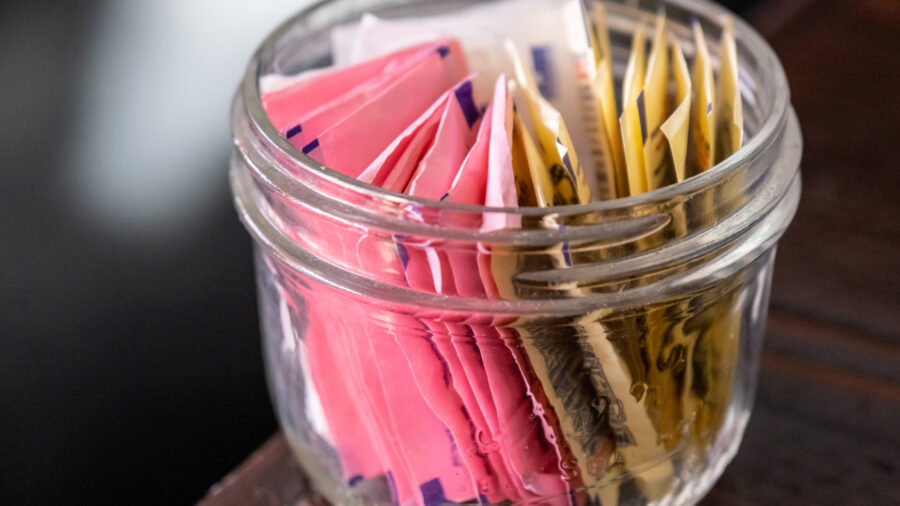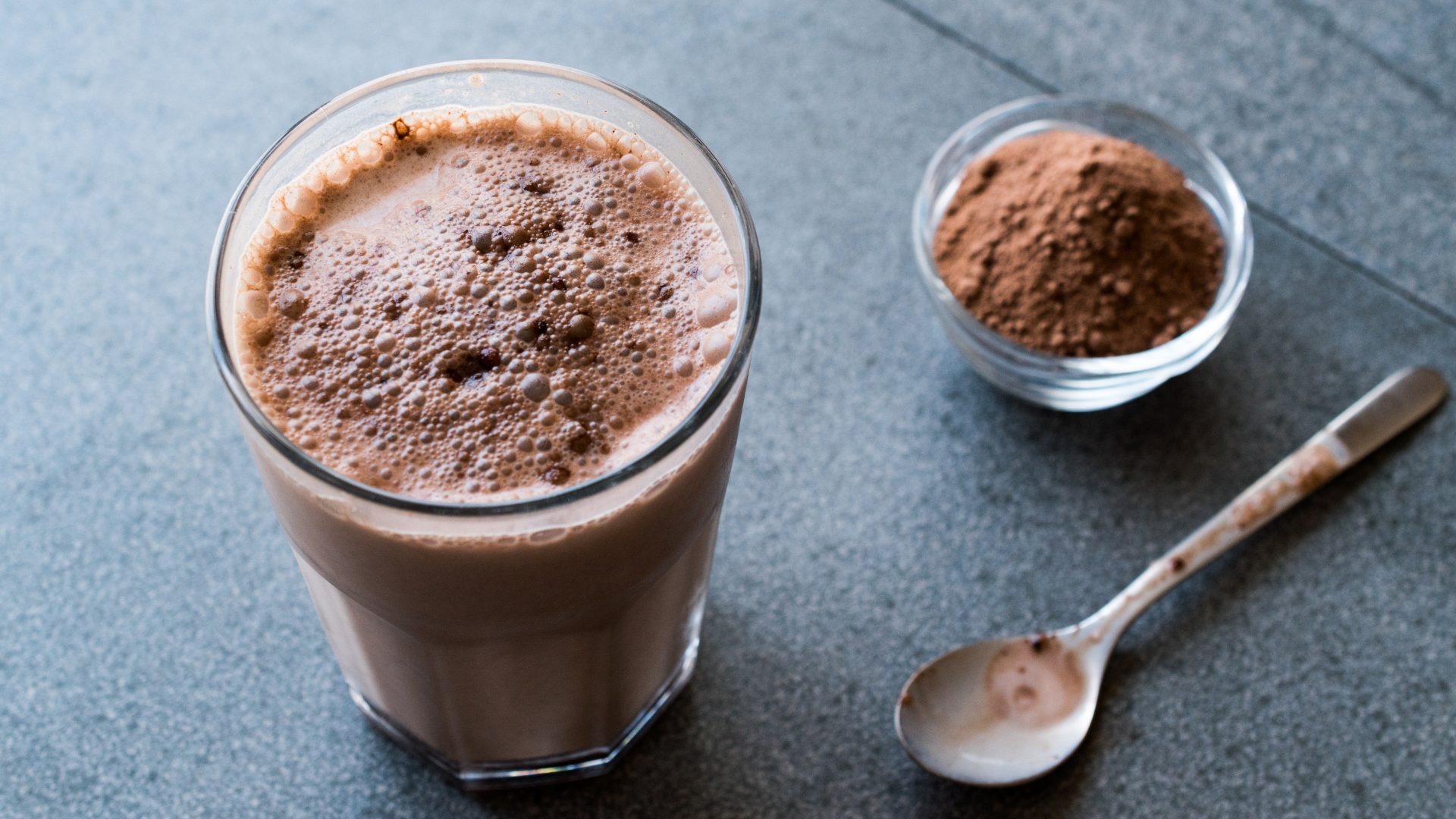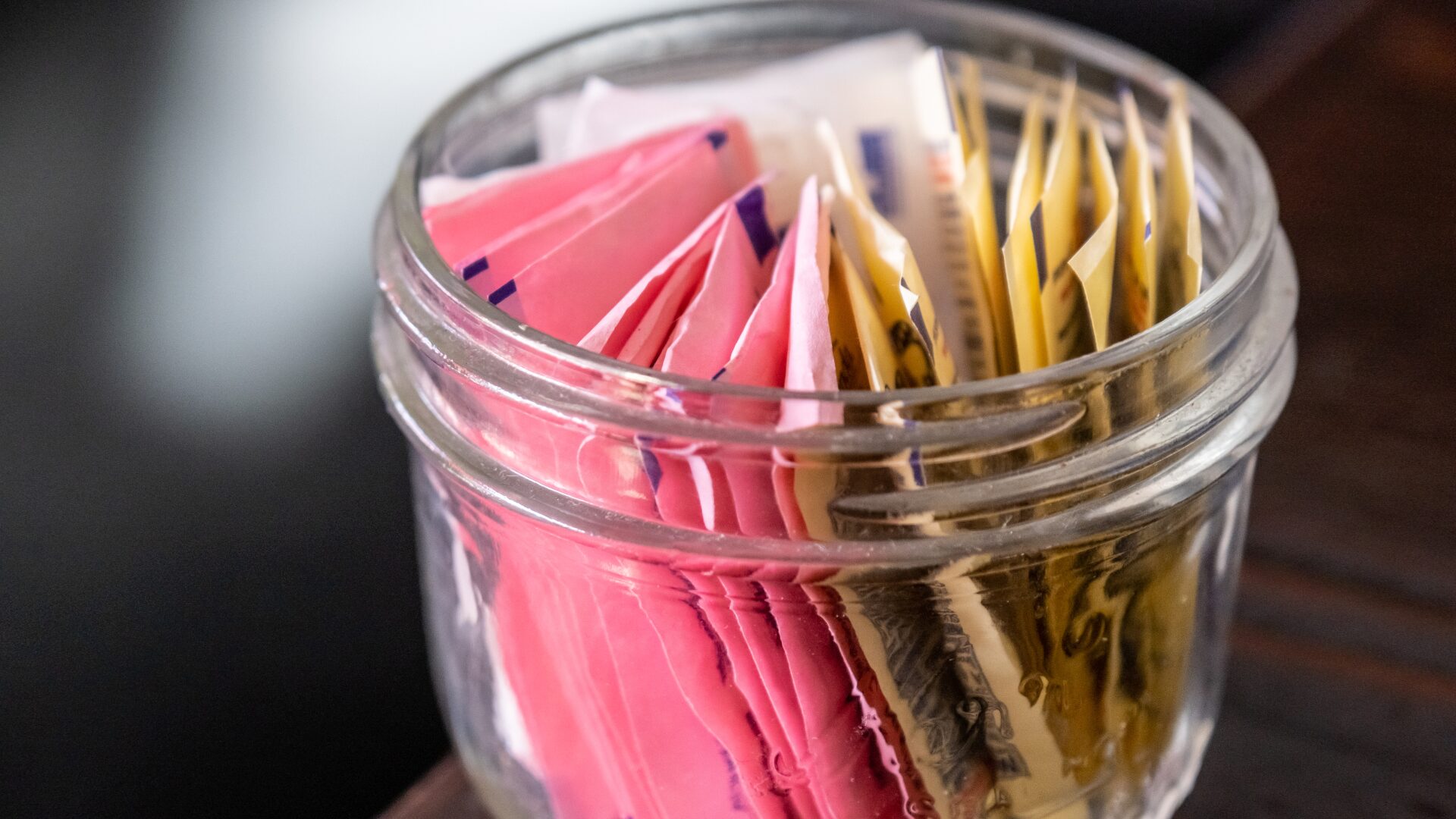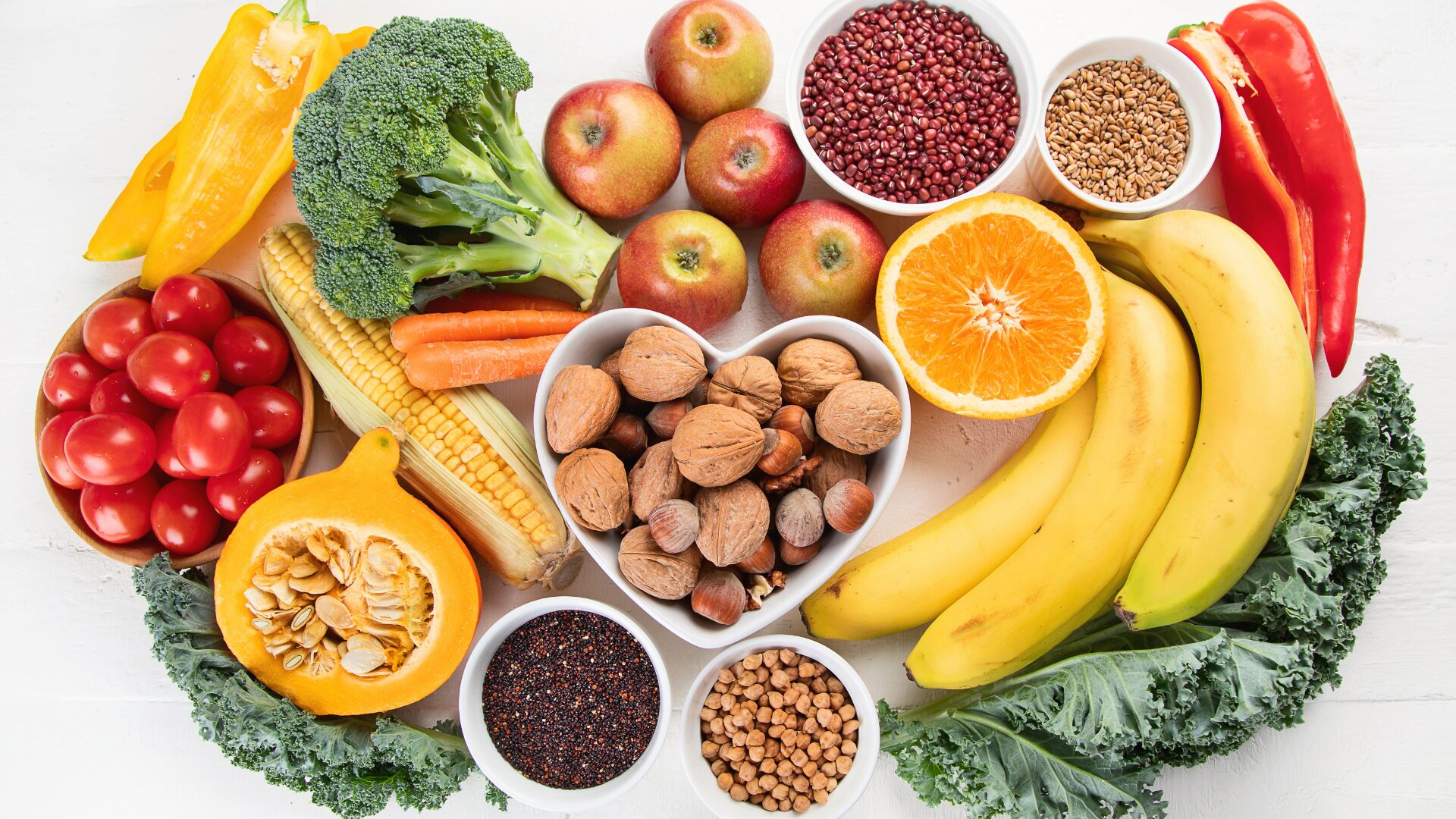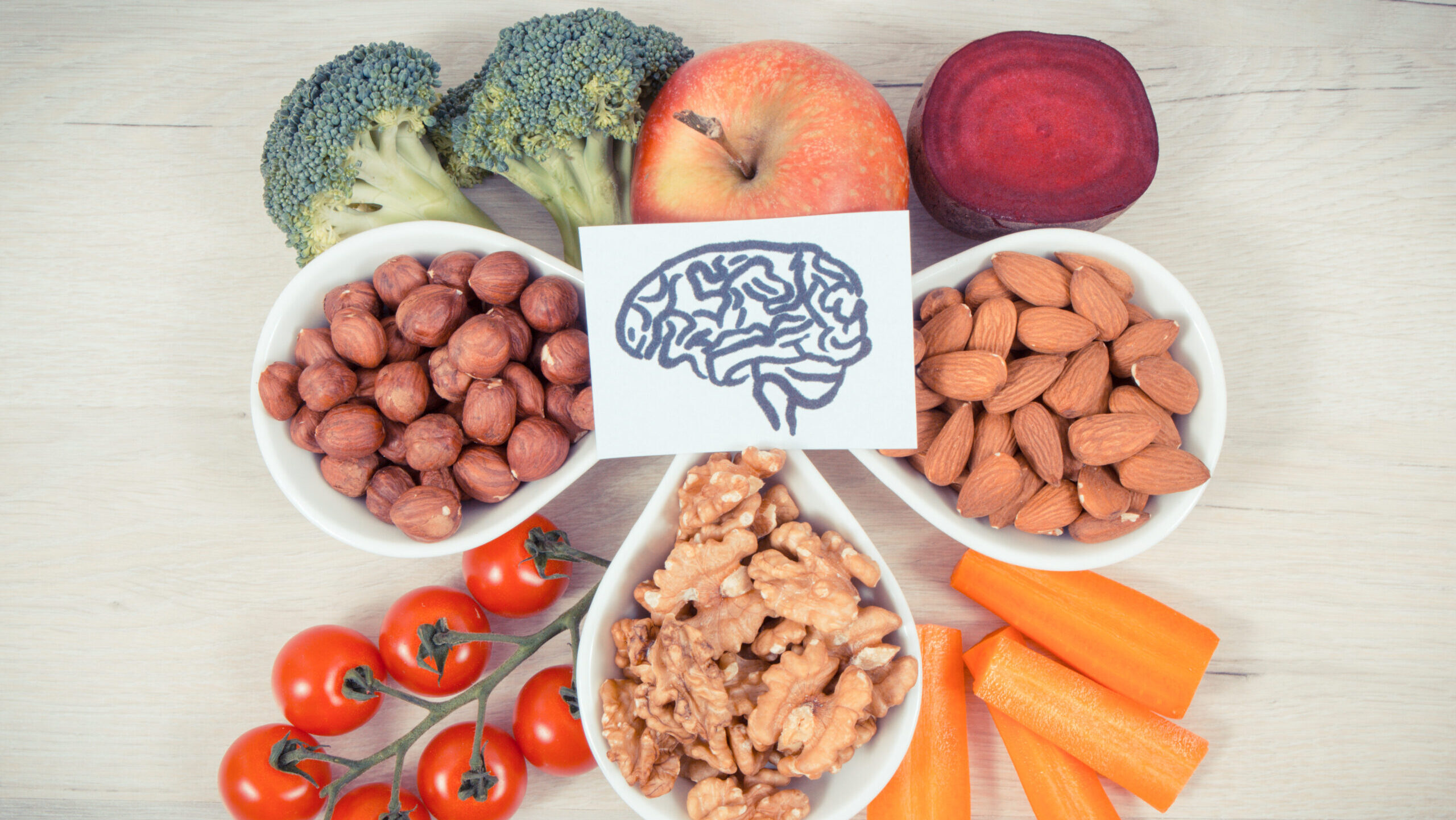In mid-July, the World Health Organization (WHO) flagged aspartame, an artificial sweetener frequently used in diet sodas, as a possible carcinogen. Consumers responded to the news with a resounding shrug.
In fact, there has been no noticeable shift in consumers’ feelings about the healthiness or ingredients of diet soda since the announcement, according to an analysis of more than 150,000 pieces of consumer feedback by data and analytics firm HundredX.
Instead, consumers have actually been drinking more diet soda.
A Personal Decision
Since May, the number of consumers who plan to drink leading diet soda brands—such as Diet Coke, Diet Pepsi, and Diet Dr. Pepper—increased by 2%, outpacing regular sodas, which saw a 1% increase.
Consumer comments on the subject have been mixed. Many diet soda drinkers have expressed concerns about aspartame, but some say they don’t want companies to replace the ingredient. They assert that drinking it is their choice.
“At the end of the day, the decision of whether or not to consume these foods is a personal one, but it is important to be aware of the potential health risks,” Dr. Raj Dasgupta, 4x board-certified MD and Chief Medical Advisor at Sleepopolis, told The Food Institute.
“Sweeteners don’t contain calories or sugar, but they also don’t have beneficial nutrients like vitamins, fiber, minerals, or antioxidants,” said Dr. Dasgupta. “Consumers should limit their intake of these foods, and it’s best to choose whole, unprocessed foods whenever possible.”
More Research Emerges
Meanwhile, in the months since the WHO’s report, more research has emerged pointing to the potentially harmful impact of aspartame on the body and mind.
One new study suggests that aspartame may have inheritable negative cognitive effects that could linger in the population for one or two generations. In a controlled 16-week exposure study, researchers from the Florida State University College of Medicine found spatial learning and memory deficits in the offspring of male mice which consumed low doses of the artificial sweetener. Researchers gave the mice aspartame at levels even lower than what the FDA considers to be safe for human consumption.
Another brand-new study found that frequently consuming artificial sweeteners and artificially sweetened beverages may increase the risk of depression by as much as 50%. The study looked at the impact of a variety of ultra-processed foods, including grain foods, sweet snacks, ready-to-eat meals, desserts, processed dairy and meat, and savory snacks—but only artificial sweetener content was associated with a greater risk of depression.
Choose Sweetness Wisely
According to Dr. Dasgupta, it’s important for consumers to remember that sugar is not the enemy. “Sugar isn’t inherently bad—actually, it’s necessary,” he said. While diet sodas can be a tempting option due to their lack of calories and sweet taste, natural sugars are an important part of a balanced diet.
“Removing natural sources of sugar and other carbohydrates from your diet such as fruits, dairy products, and grains is not a healthy choice. But you can make choices about where sweetness in your foods is coming from,” explained Dr. Dasgupta.
And while several food manufacturers are already shifting toward natural sweeteners and whole, unprocessed ingredients, there’s still a lot of room for change—especially with regard to consumer education.
“It’s important that food manufacturers are transparent about the ingredients in their processed foods and educate consumers about the potential health risks of artificial sweeteners and highly processed foods,” said Dr. Dasgupta.
The Food Institute Podcast
It starts with a simple question – what is an influencer? SRW Agency influencer marketing manager Jenna Ogle joined The Food Institute Podcast to discuss how the food and beverage industry can leverage influencer campaigns and how such campaigns fit into larger marketing programs.


